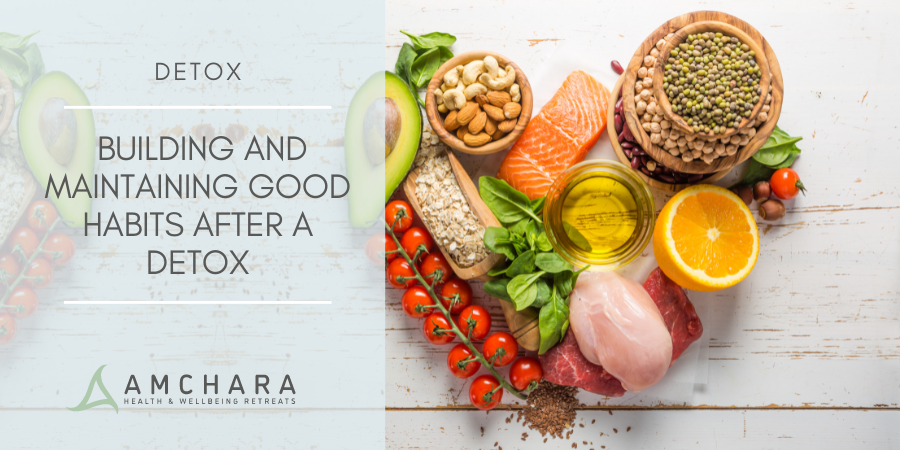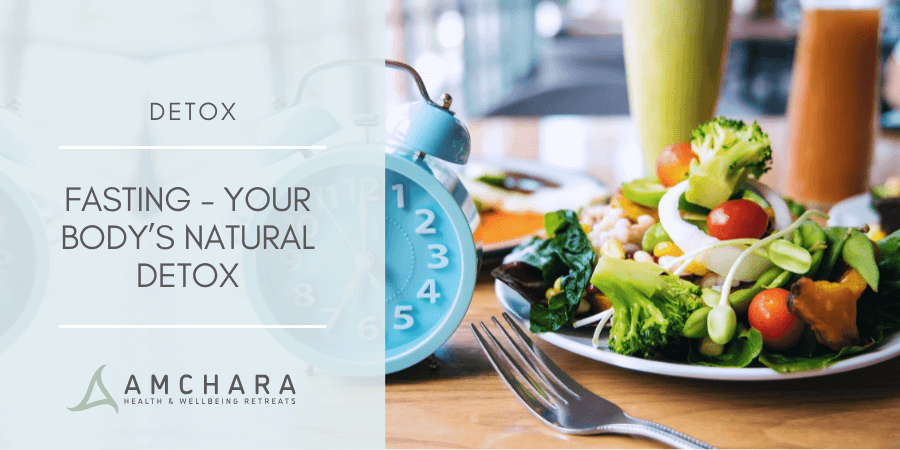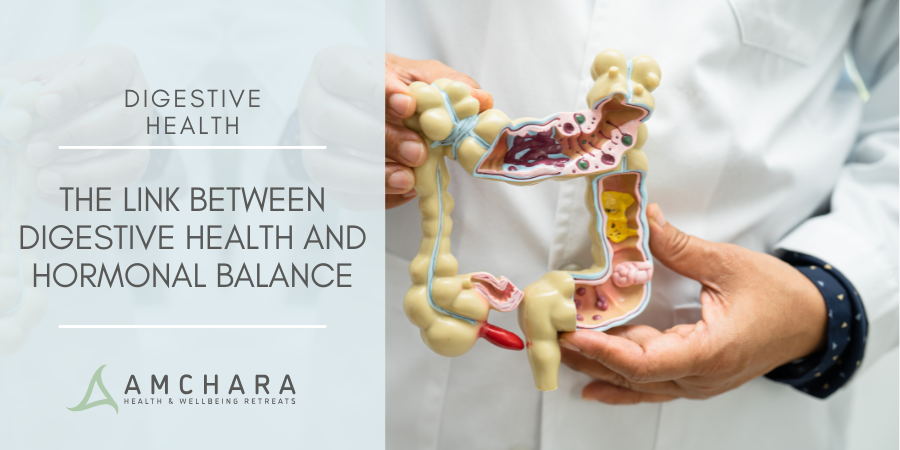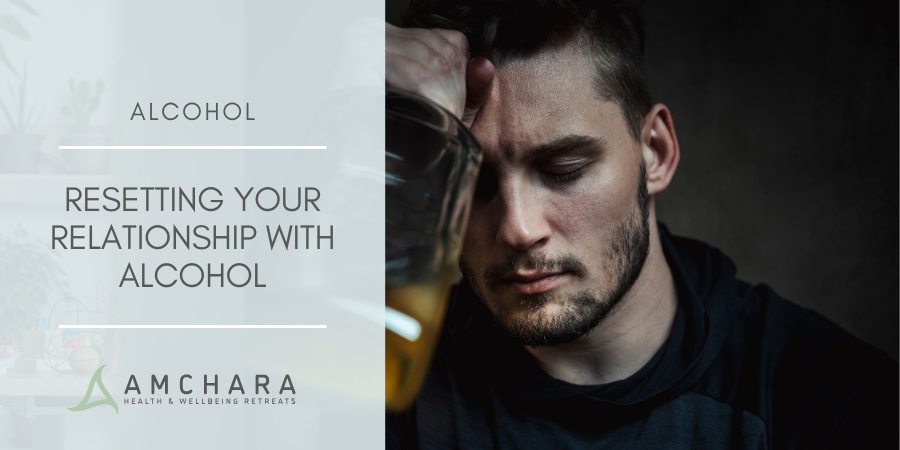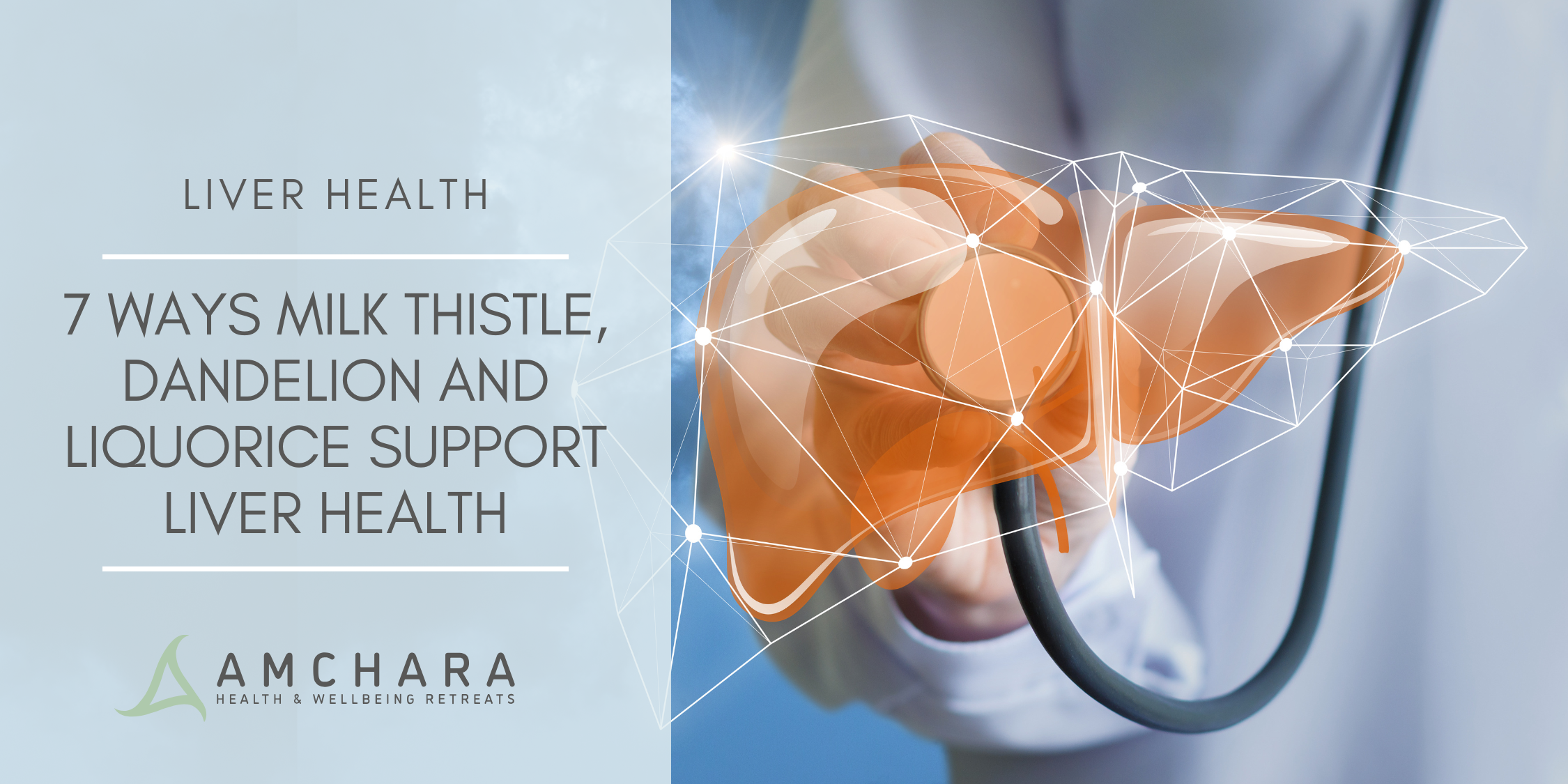Topics Covered in this article:
Carrying out a detox provides many health benefits such as enabling our natural detoxification organs to function optimally, relieving stress on the body and subsequently boosting energy levels and wellbeing. But it’s important to know how to build and maintain good habits to sustain the benefits achieved after a detox, and help you ‘Change for Good’.
In the modern internet world there is an overwhelming amount of information; it can be hard to find health advice that you can trust, particularly as the main media channels are typically dominated with a single, orthodox narrative.
We always provide information from an evidence-based perspective, orientated towards a holistic and Personalised Health approach, and aim to provide you with actionable knowledge and tips to help you on your journey to optimal health.
In this article we will explore some key strategies for appropriately reintroducing foods after a detox, how you can learn to reduce stress and improve your sleep by incorporating mindfulness into your daily life as well as tips to help you digitally detox, and the role and importance of dopamine in habit formation.
Reintroducing foods after a detox
After completing a detox, it’s crucial to reintroduce foods gradually and mindfully to avoid overwhelming your system.
Incorporating mindfulness
Mindfulness can play a significant role in helping you to build and maintain good habits after a detox by increasing awareness, reducing stress, and promoting overall wellbeing.
Taking a digital detox
A digital detox can help reduce stress, improve sleep quality, and enhance overall wellbeing by helping you to reduce screen time and disconnect from digital devices. Taking breaks from digital devices can also help you focus on the present moment and pay more attention to things around you.
Studies show that the electromagnetic field emitted from digital devices may be responsible for sleep alterations and may change blood flow to parts of the brain.
Role and importance of dopamine
Dopamine is a neurotransmitter that plays a crucial role in reward motivated behaviour and habit formation. Understanding the role of dopamine can help you build and maintain good habits more effectively.
Dopamine is the feel-good hormone that drives desire, rewarding us when we carry out activities that are good for us. We repeat the actions that we know will cause dopamine release – because they feel good. This is how our bodies train us to repeat beneficial behaviours.
In the modern world this hormone can work against us and encourage behaviours that feel ‘good’, such as frequent consumption of high-fat, high-sugar foods, or alcohol, cigarettes and other substances that trigger dopamine pathways in the brain, causing unnaturally high dopamine release and potentially addictive feelings of pleasure.
Takeaway
Building and maintaining good habits after a detox requires intention, mindfulness, and an understanding of the importance of listening to your body.
By reintroducing foods gradually after a dietary detox, incorporating mindfulness practices into your daily life, implementing digital detox strategies, and understanding the role of dopamine in habit formation, you can create lasting changes that support your overall health and wellbeing.
Remember to be patient and compassionate with yourself as you embark on this journey of building and sustaining good habits, and celebrate your progress along the way.
If you would like support on your journey to optimal health, then why not come to Amchara?
On an Amchara health retreat you will be immersed in a supportive and nurturing environment that enables you to switch off, relax and kickstart your health journey, with tailored advice from our Personalised Health practitioners, taking into account your individual health circumstances and goals, and including physical activities and empowering, educational talks.
Our retreats are designed to help you detoxify both physically and mentally, and our Personalised Health practitioners will support you and empower you to ‘Change for Good’.
